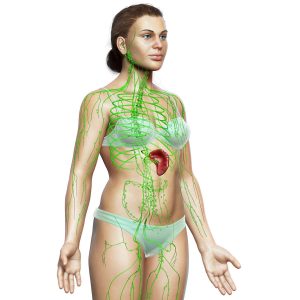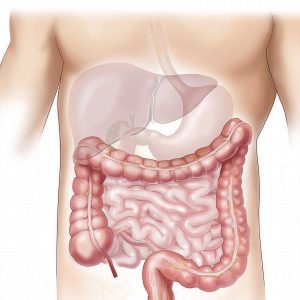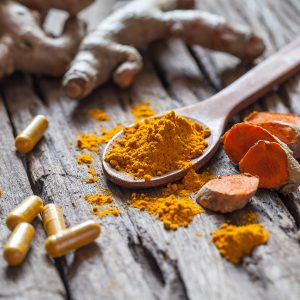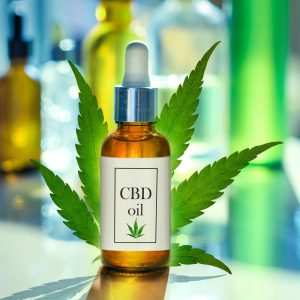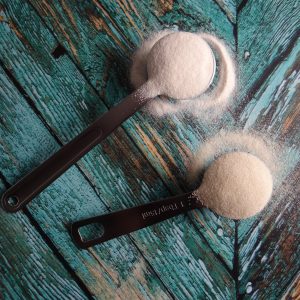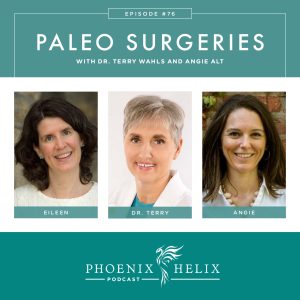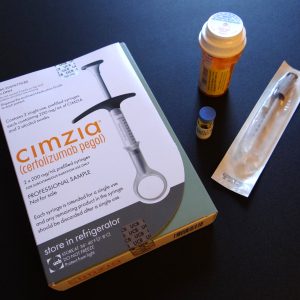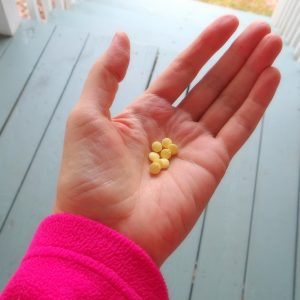3 Ways to Move Your Lymph
Lymph is essential to our body’s ability to detoxify, reduce inflammation, and fight infection. Supporting the lymphatic system can benefit anyone’s health, but it’s especially important for those of us with autoimmune disease. Chronic inflammation puts an extra burden on this system and can even damage it long-term, reducing its efficiency. In a prior career, I was a lymph drainage therapist for 15 years. Most of my clients were people with chronic illness. As someone with rheumatoid arthritis myself, it’s one of my favorite self-care techniques.

